Antarctica is the coldest, driest, and windiest of Earth's seven continents,. In fact, polar bears are more concerned about overheating than about getting cold. Because they are such strong swimmers, polar bears earned the species name of Ursus maritimus—bears of the sea. They can swim for miles and stay submerged for two minutes at a time.. Antarctica is abundant in all three, with six seal species and five penguin species. Plus, none of those animals have evolved to be wary of large, land-roving predators. The Antarctic landscape would be a free-for-all buffet for a polar bear — which is why no one should ever bring polar bears there. Their voracious appetite, combined with the.
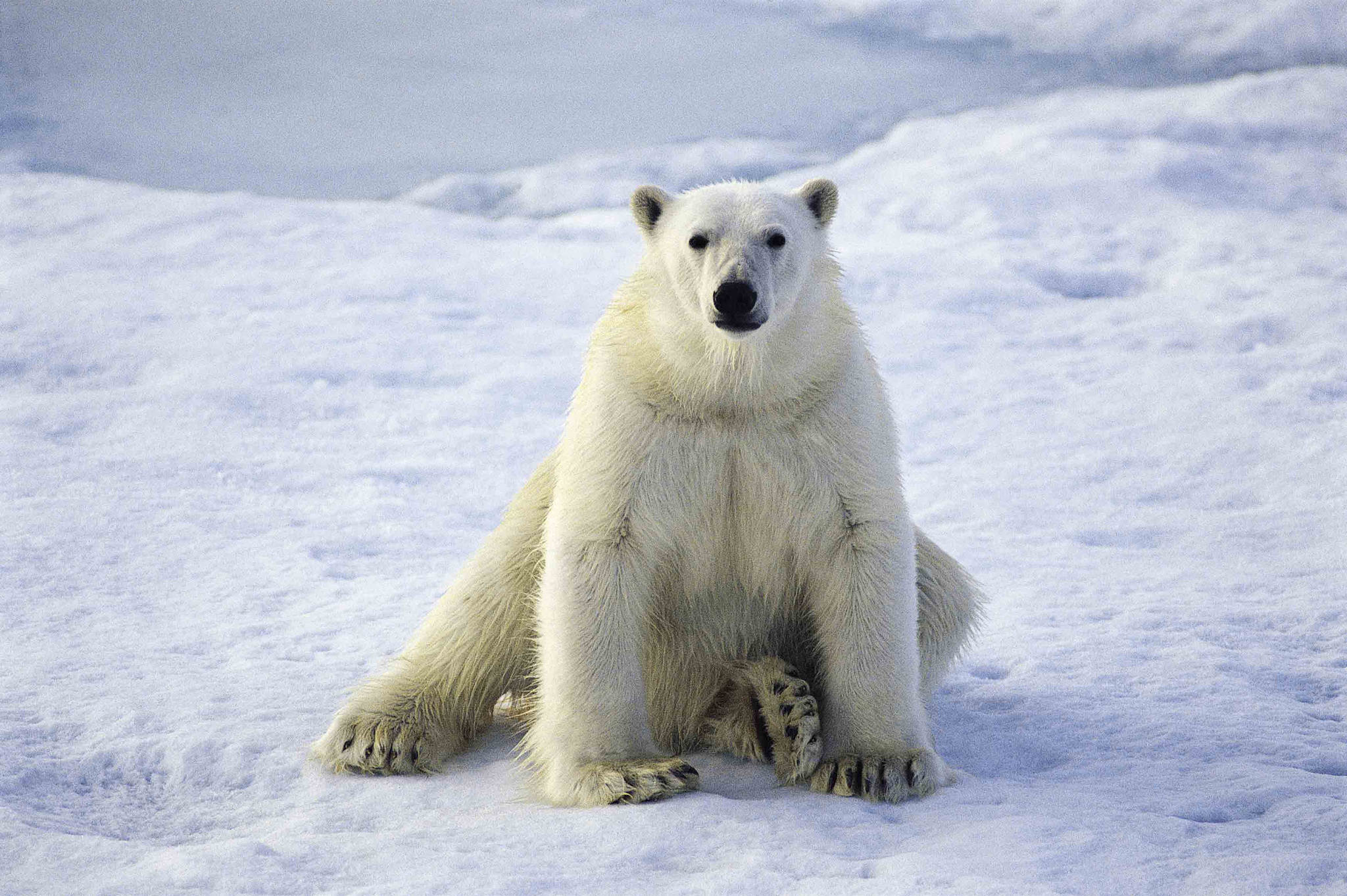
Life In The North Arctic Animals HuffPost UK News
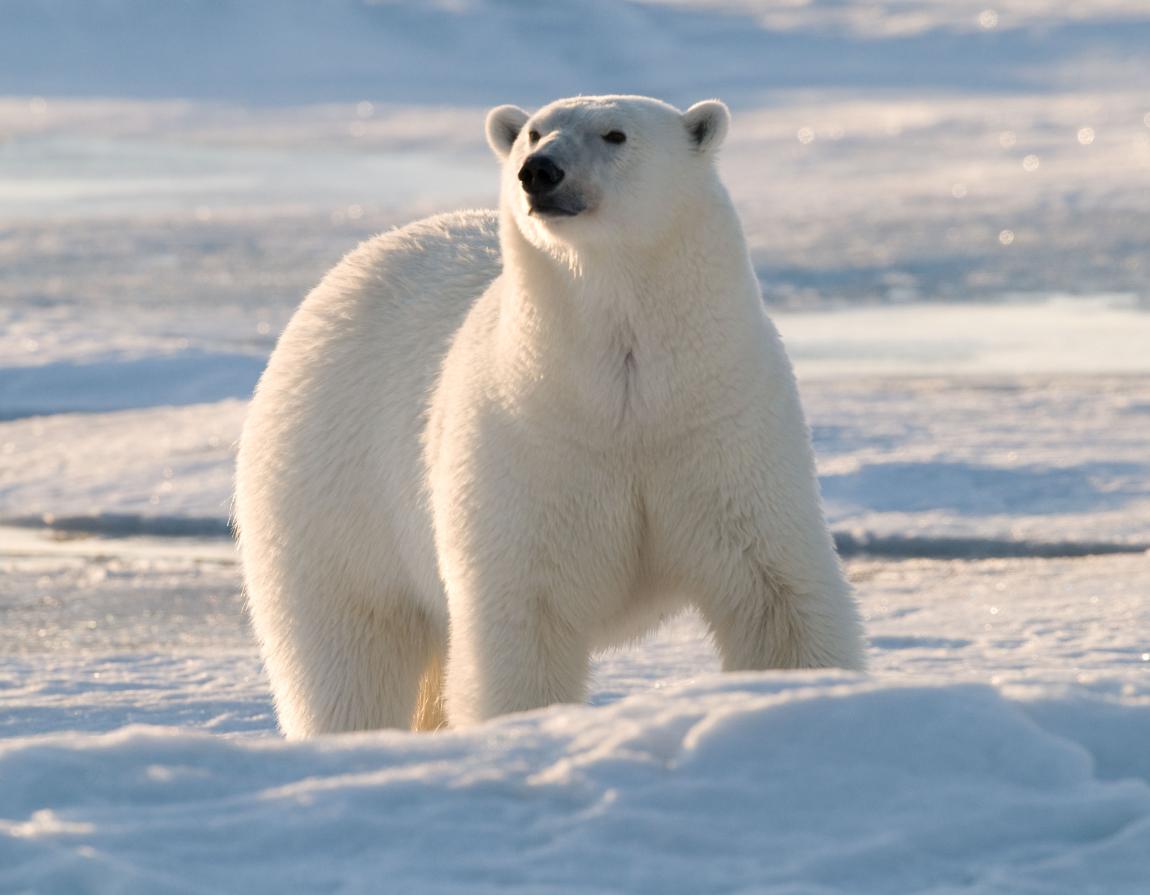
Polar bear WWF

Wallpaper animals, nature, winter, blue, polar bears, Zoo, Arctic, fauna, mammal, 2560x1600 px
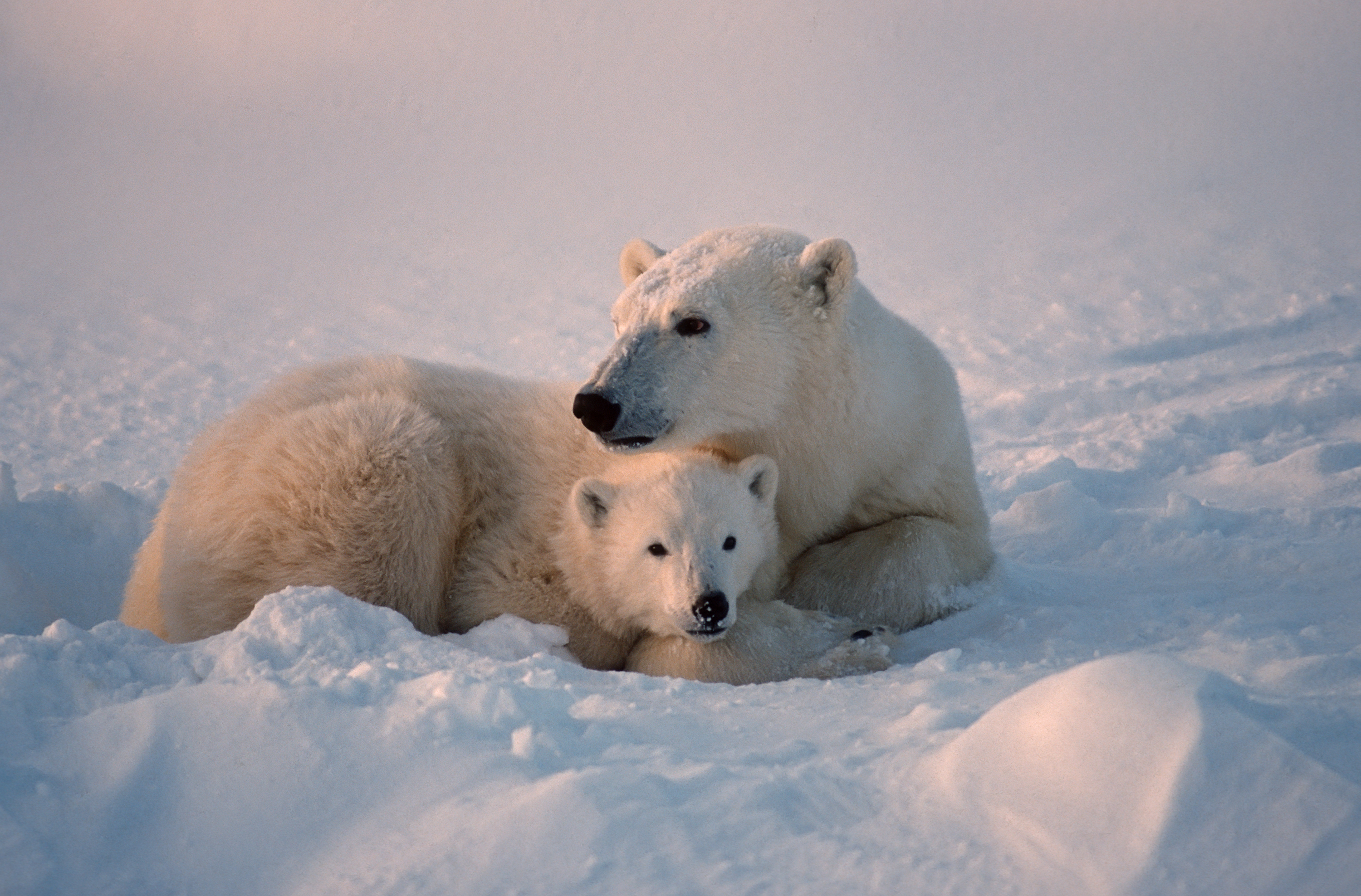
In Search of Polar Bears Amazing Adventures Travel

Facts about Polar Bears and Their Conservation Polar bear, Polar bear facts, Polar bear art
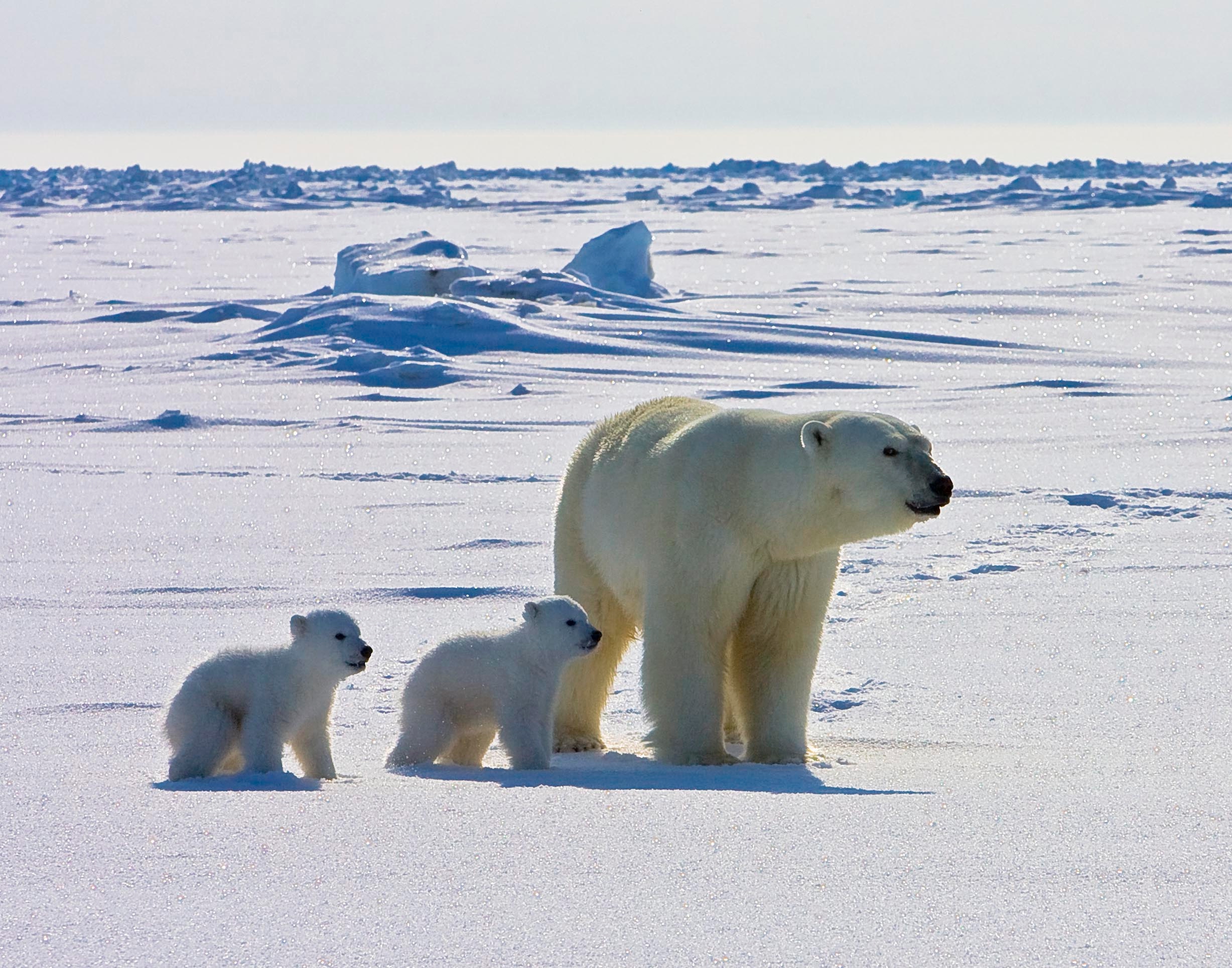
Amazing Video Captures Polar Bear's Point of View Live Science

Antarctic Polar Bears

Polar Bear With Two Cub Polar Bears HD Animals Wallpapers HD Wallpapers ID 50526
I Waited for 117 Hours in 50°C Temperatures to Snap These Polar Bear Photos PetaPixel
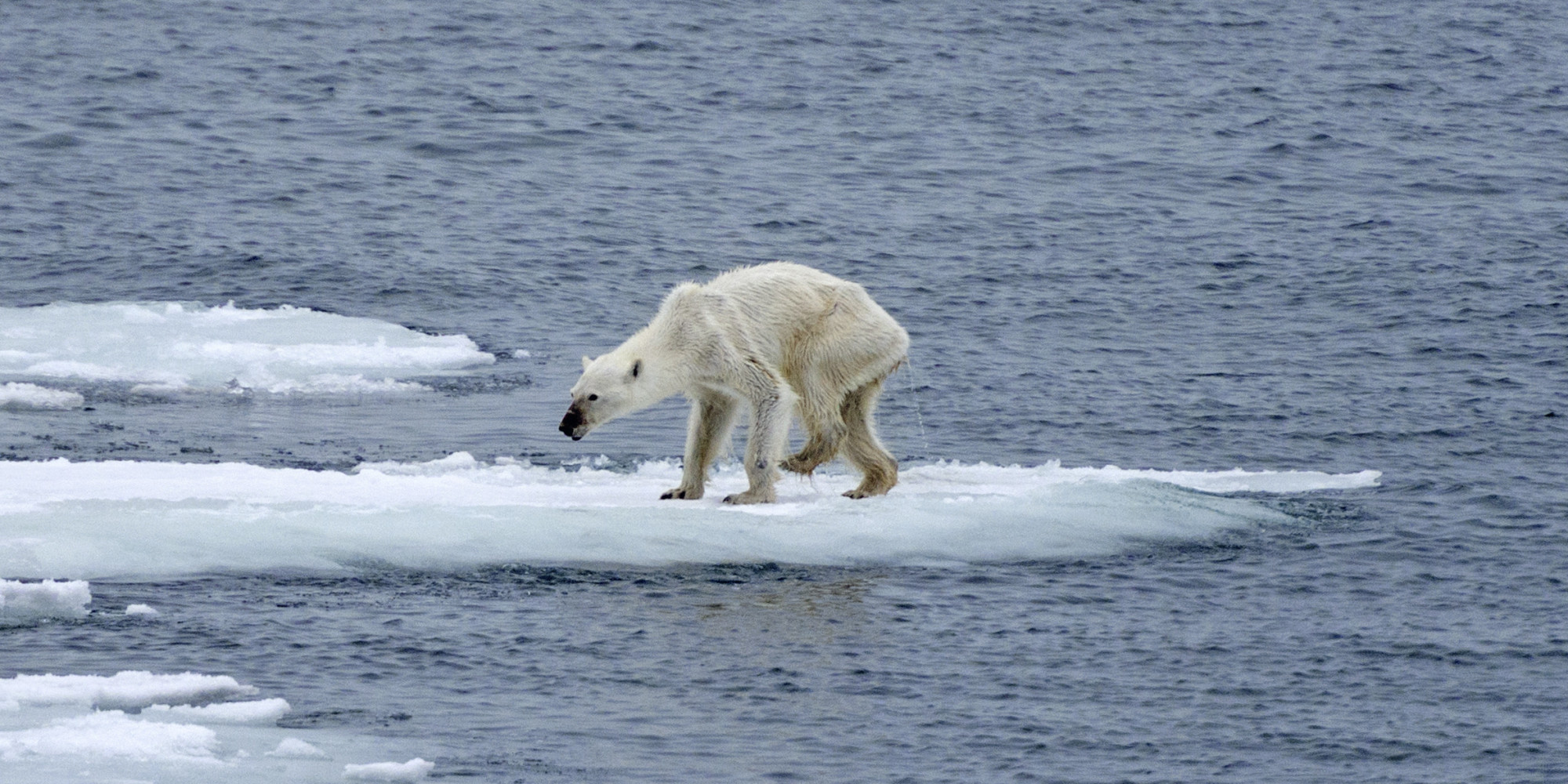
"An emaciated polar bear is seen on a small sheet of ice in this image taken in August [2015] in
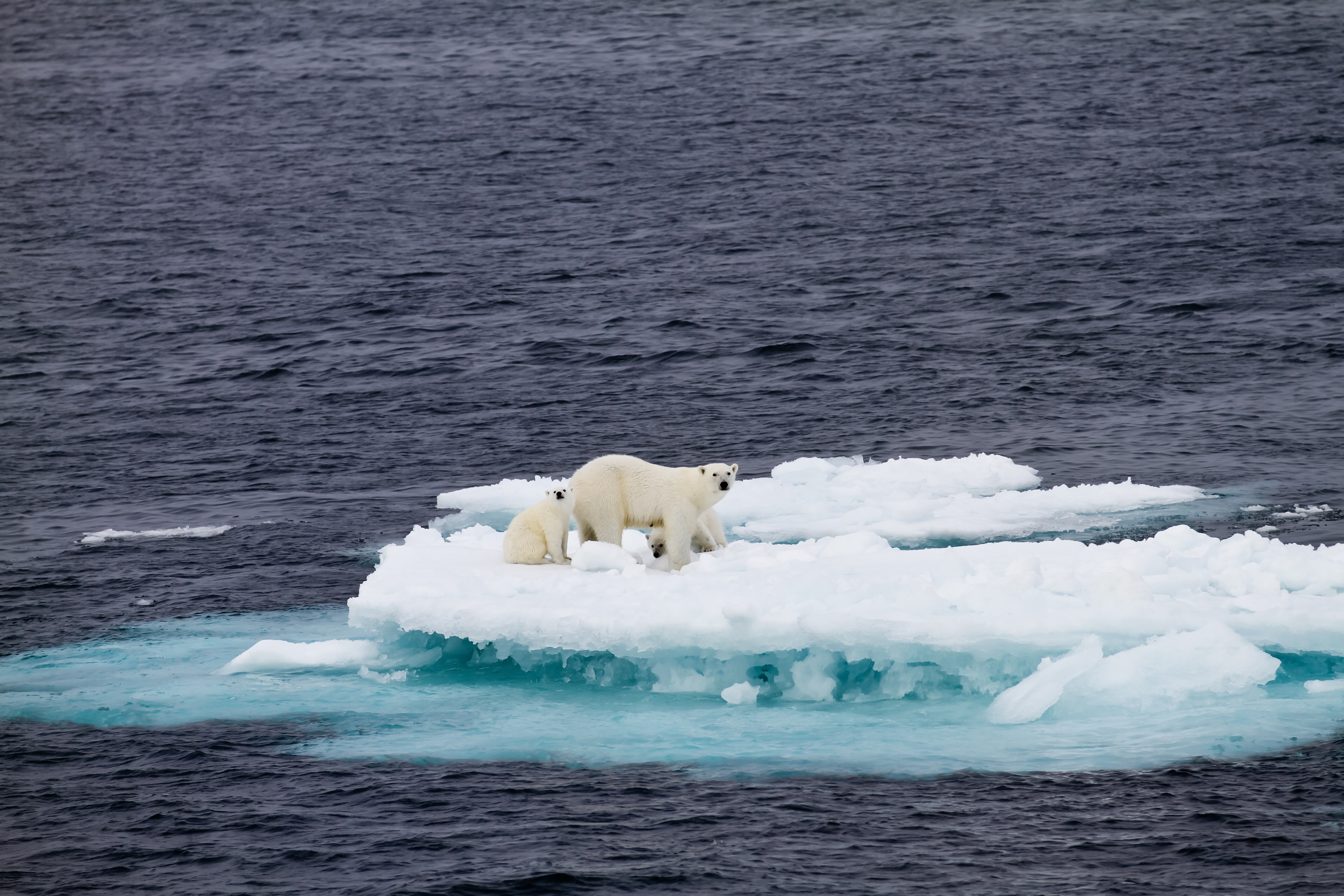
Stop Oil and Gas from Pushing Polar Bears to the Edge of Extinction Defenders of Wildlife
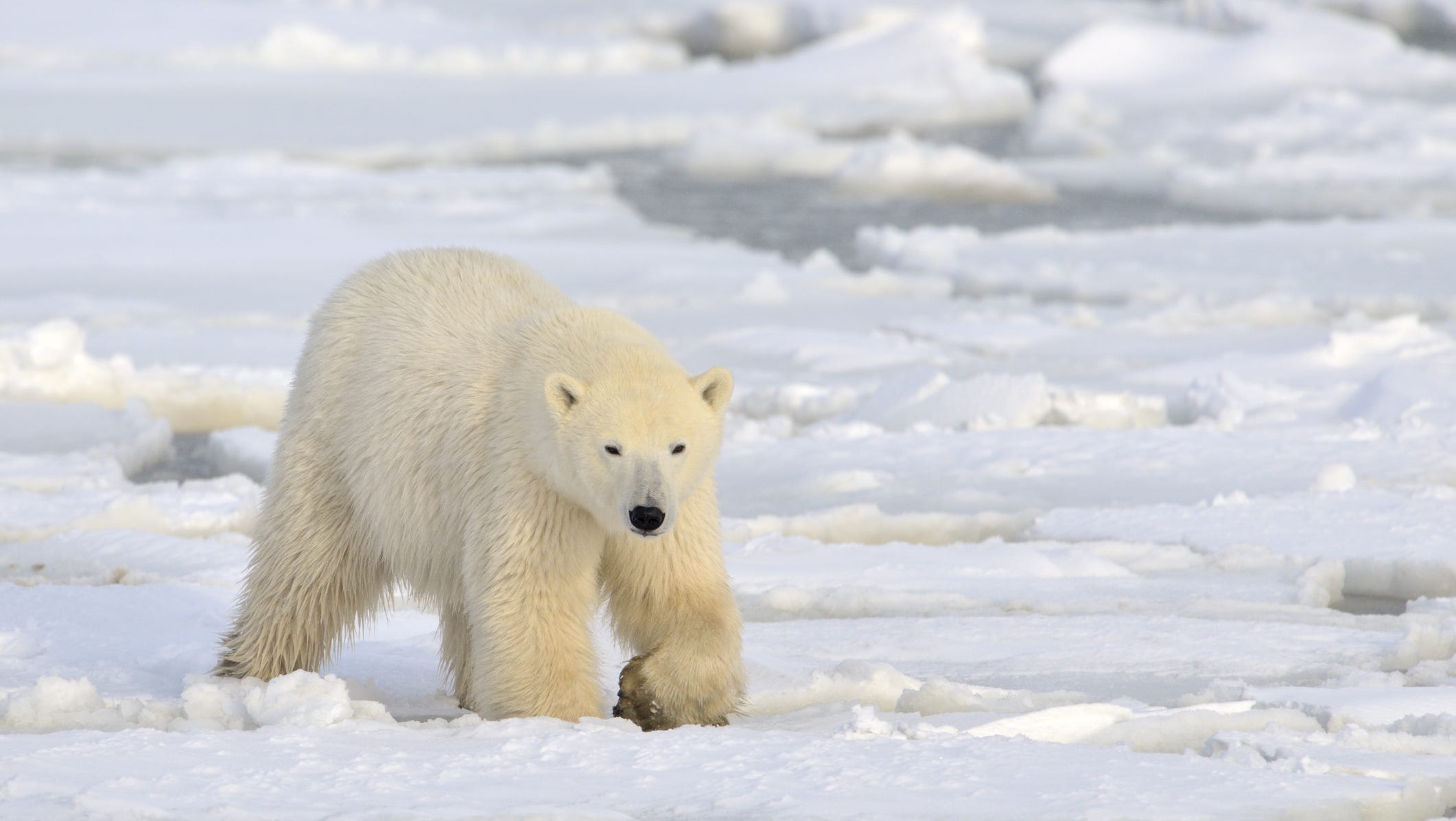
Scientists are watching polar bears from space
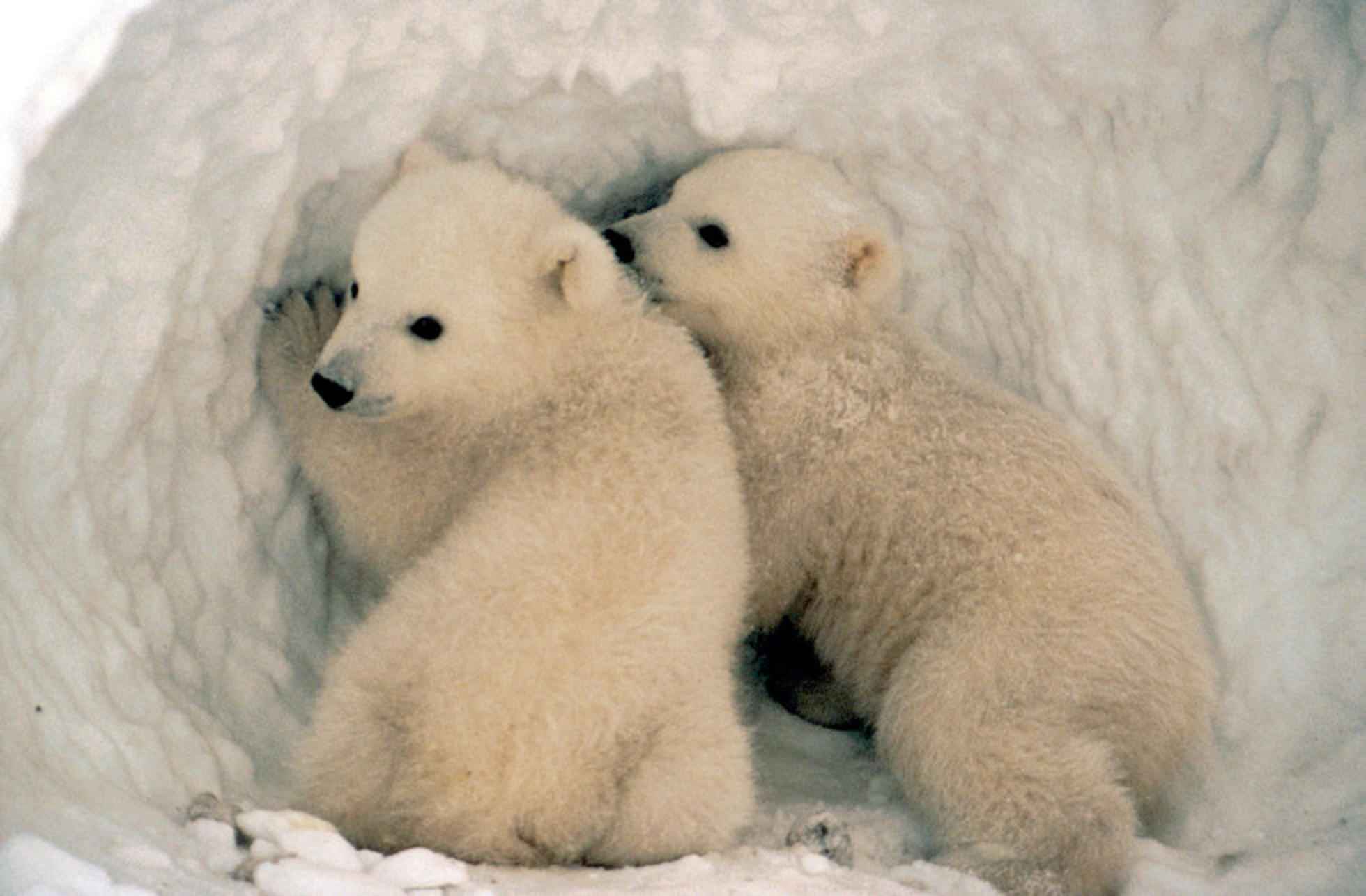
Polar Bear Facts and Adaptations Ursus maritimus
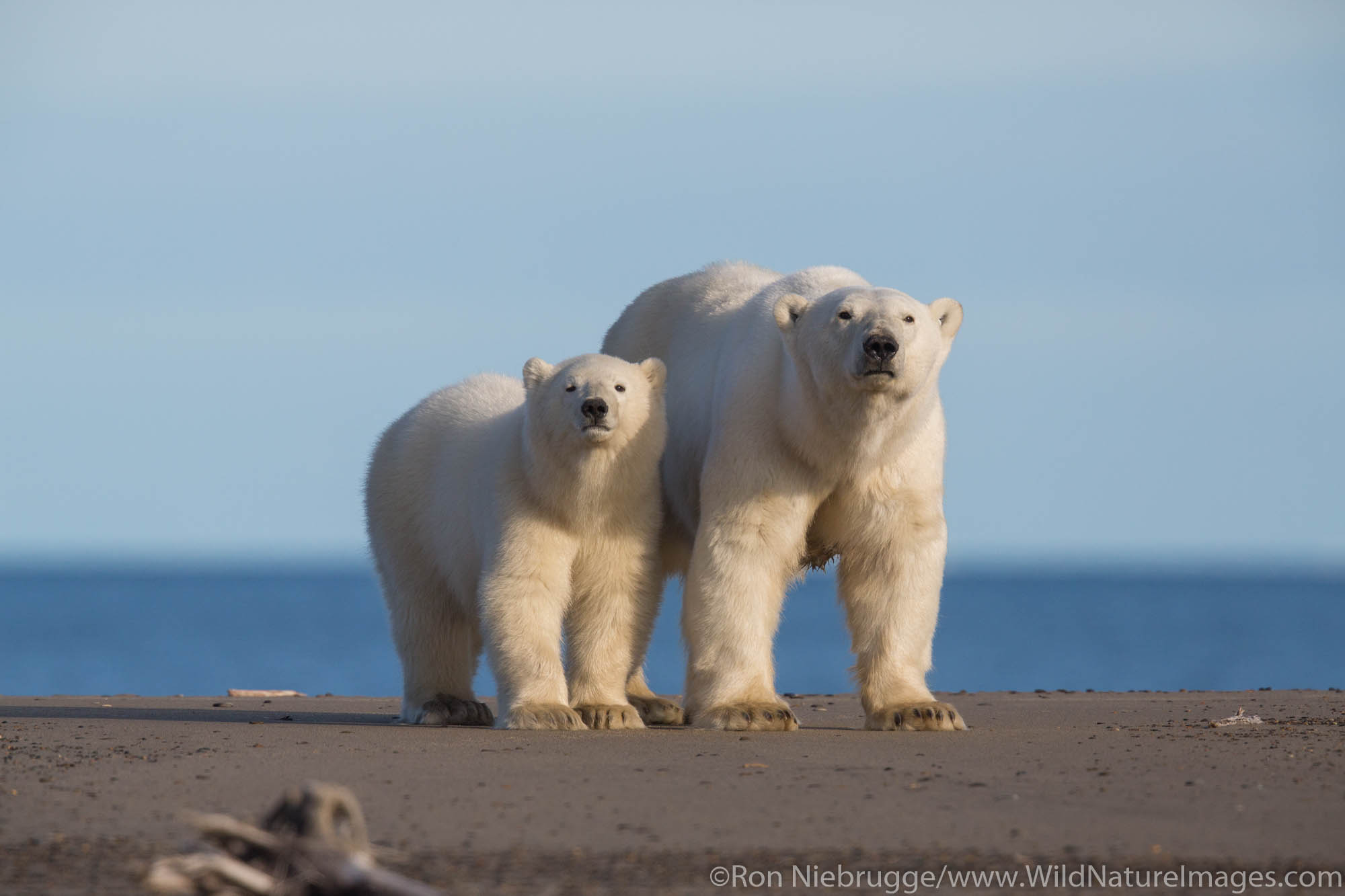
Polar Bears Arctic National Wildlife Refuge, Alaska. Photos by Ron Niebrugge
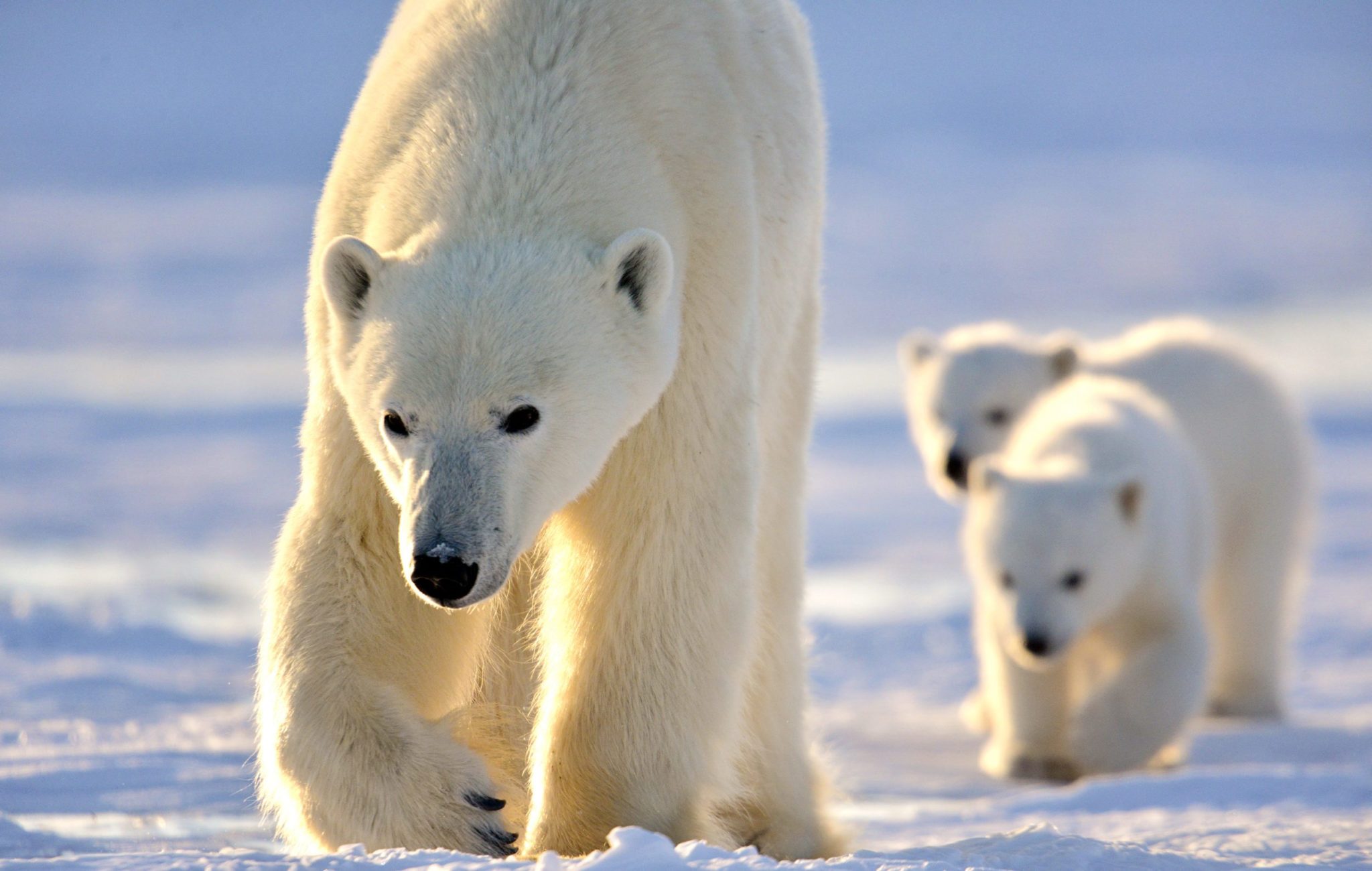
polar bears Archives Page 2 of 2 Arctic Kingdom
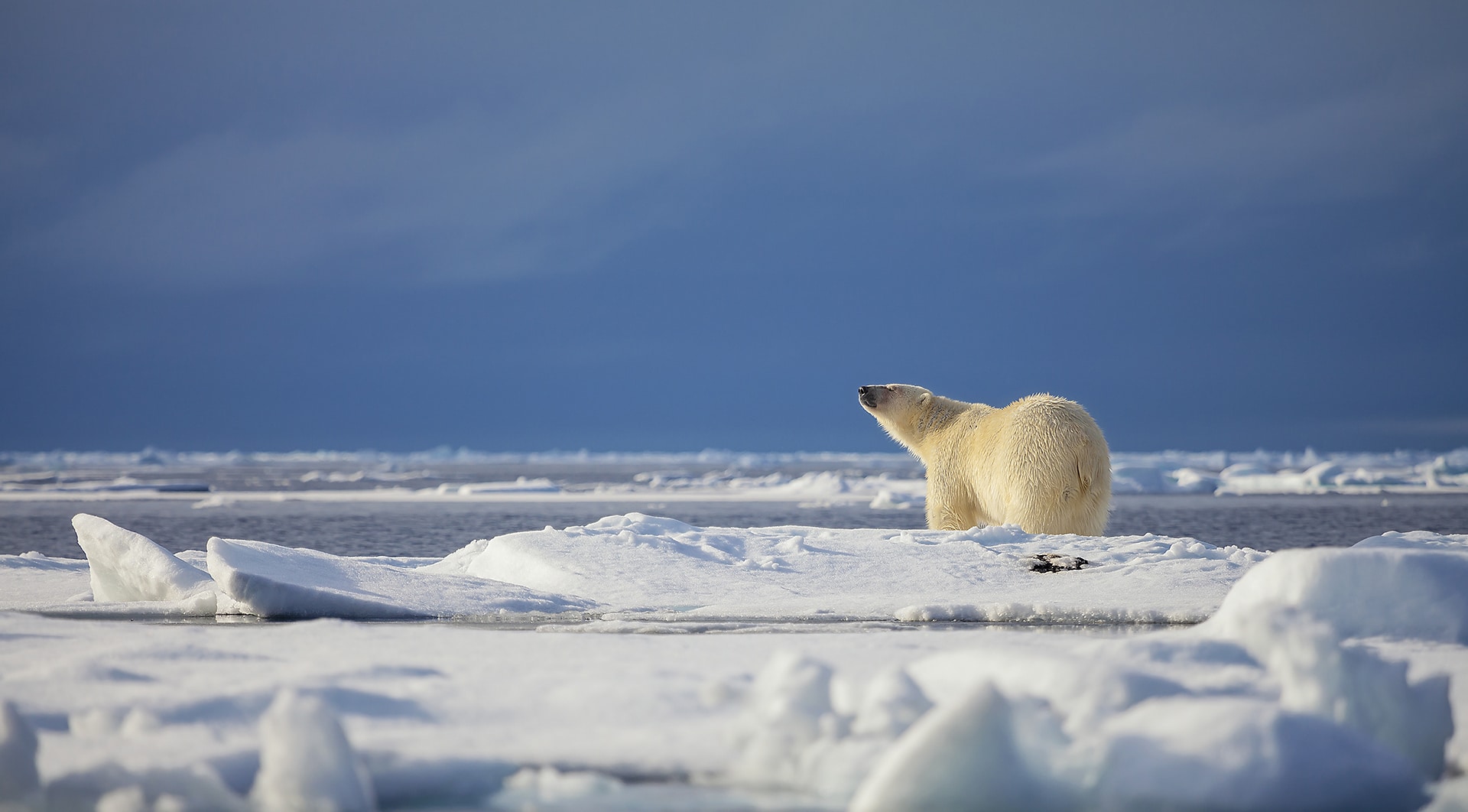
Are There Polar Bears In Antarctica? Aurora Expeditions

Are There Polar Bears In Antarctica? Aurora Expeditions

FilePolar Bear ANWR 1.jpg Wikimedia Commons
/polar-bear-150005875-5c4db42046e0fb0001a8e7b8.jpg)
Polar Bear Facts Behavior, Diet, Habitat, and More

The Polar Bear Amazing Animal Informative Facts WildLife Of World
Although terrestrial and sea ice declines have lagged behind the Arctic, the Antarctic is quickly catching up. From 1979 to 1990, Antarctica was losing ice at a rate of around 40 billion tons per year. However, a recent analysis (Rignot et al., 2019) found that from 2009 to 2018, that ice loss increased to 252 billion tons per year—six times.. Doesn't look a day older than 602,000 It looked like we had the polar bear's origin story nailed down. Genetic studies suggested that between 111 and 166 thousand years ago, a group of brown.